What Are the Signs of a Musculoskeletal Disorder?
Musculoskeletal disorders refer to a group of conditions that affect the muscles, bones, tendons, ligaments, and other supporting structures of the body. These disorders have several causes, such as repetitive movements, poor posture, aging and injury. Despite the varying reasons or locations of the issues, several common signs of a musculoskeletal disorder remain the same. Knowing what to watch for determines if it’s a temporary or chronic issue and the best treatment options available.
Regardless of the cause or location of the issue, physical therapy and exercise are recommended. Safely working the area will reduce pain and stiffness while increasing flexibility and mobility. Other therapy options and treatments may also be required, though these can vary depending on the condition and symptoms. For more information on musculoskeletal disorders or repetitive motion injury, and what to look for, keep reading.
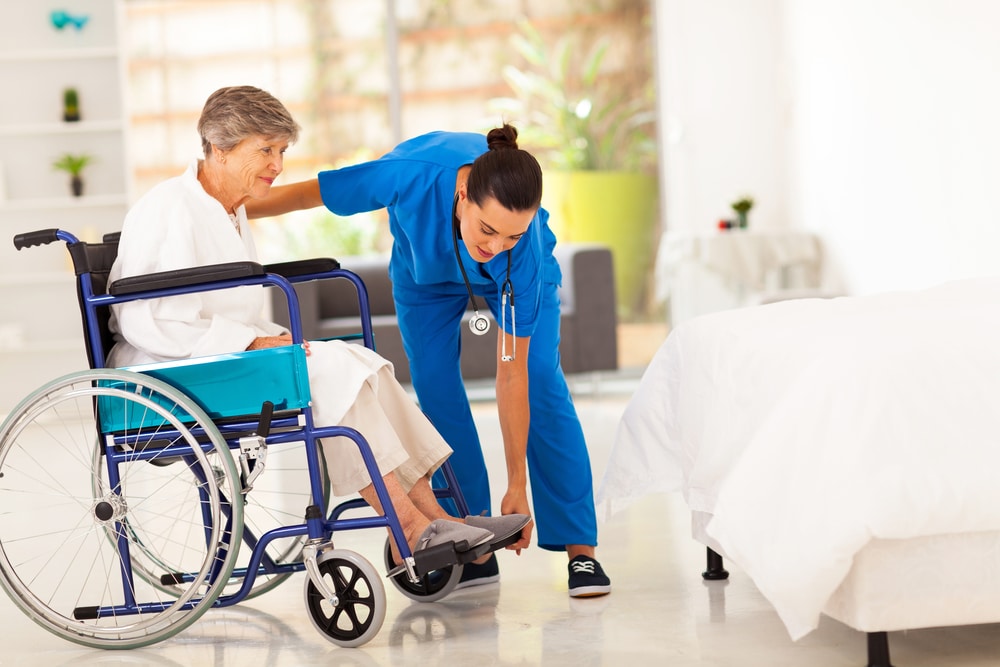
Signs Of a Musculoskeletal Disorder
Five main symptoms are associated with musculoskeletal disorders:
Pain – The most common is pain, usually described as throbbing or aching.
Swelling, redness, warmth or burning sensations, and stiffness are also frequently related to MSD.
Depending on the area and severity of the issue, other indications of musculoskeletal issues could occur. These include:
Fatigue, muscle weakness or spasms, sleep problems, tingling, or numbness.
Not everyone experiences the same signs of a musculoskeletal disorder, which may range in severity, depending on the cause. In fact, these symptoms could be the result of various musculoskeletal issues or conditions. Some causes include temporary damage, such as:
Strains, sprains, fractures, or tears.
Others could be related to chronic conditions, like
Arthritis, muscular dystrophy, or osteoporosis. They may also be due to:
Injuries, overuse, or genetics. If you notice any of these symptoms, it’s best to speak to your doctor immediately to determine the cause.
What is musculoskeletal physical therapy?
Musculoskeletal physical therapy is a rehab option designed for musculoskeletal conditions. It uses specialized treatments and movements to help regain the functions of the affected areas. Strengthening muscles and increasing flexibility are also part of the process, as is improving mobility.
Another aspect of physical therapy is to reduce the signs of a musculoskeletal disorder. Pain management allows individuals to reduce the use of medications and assistive devices, like braces or splints. As your body recovers and strengthens, weakness, fatigue, and sleep issues also improve.
During physical therapy, your therapist will likely recommend low-impact exercises to avoid exacerbating your condition. Stretching exercises, yoga, tai chi, or resistance bands may be part of the recommended exercises. Your therapist will also discuss your goals and offer encouragement to meet them.
Other therapies
Depending on the cause, location, and duration of your condition, other therapies may be required. One option is occupational therapy, which helps individuals perform daily tasks independently. As well as helping you regain your abilities, it teaches you new ways to perform activities when needed.
Manual therapies help individuals cope with the signs of a musculoskeletal disorder. These therapies include therapeutic massage and chiropractic manipulation. Hot and cold therapy to manage inflammation and swelling is another possible option. Your medical team will decide which options are best for your specific condition and symptoms.
Resources:
https://my.clevelandclinic.org/health/diseases/14526-musculoskeletal-pain
https://www.ncbi.nlm.nih.gov/books/NBK266/
https://rmi.colostate.edu/ergonomics/injuries-and-injury-prevention/musculoskeletal-disorders-risk-factors-reporting/
https://www.dmu.edu/medterms/musculoskeletal-system/musculoskeletal-system-diseases/
https://aimst.edu.my/event-news/what-musculoskeletal-physiotherapy/
https://www.dignityhealth.org/articles/manual-therapy-techniques-how-they-work-and-why-theyre-prescribed
https://intermountainhealthcare.org/services/physical-medicine/services/musculoskeletal-rehabilitation/#:~:text=Musculoskeletal%20(MUH%2Dskew%2Dlow,move%20your%20muscles%20or%20joints.
This article contains informational and educational materials and does not replace health or medical advice. For questions or concerns regarding your medical condition or health objectives, speak to a qualified physician or healthcare provider.
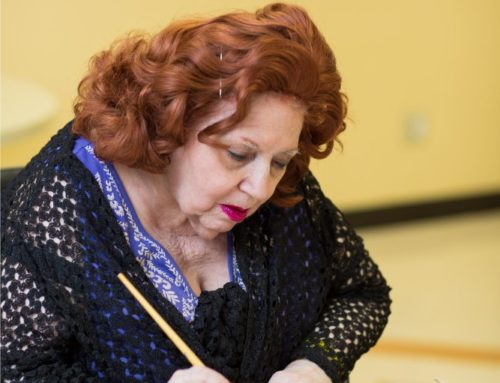
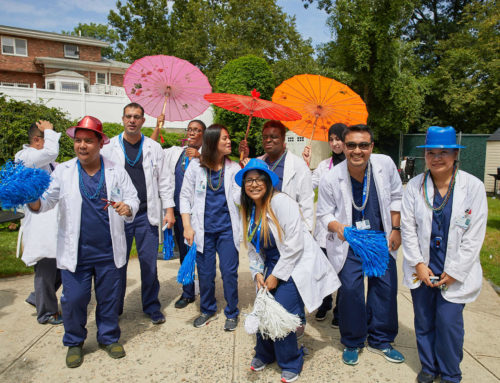
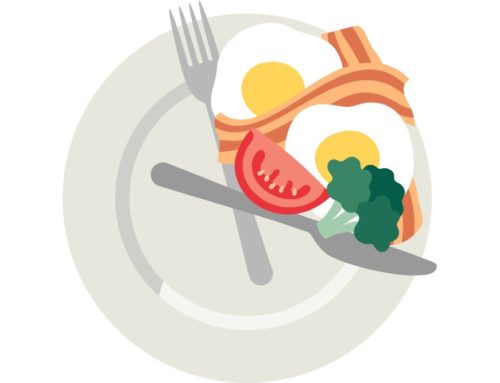
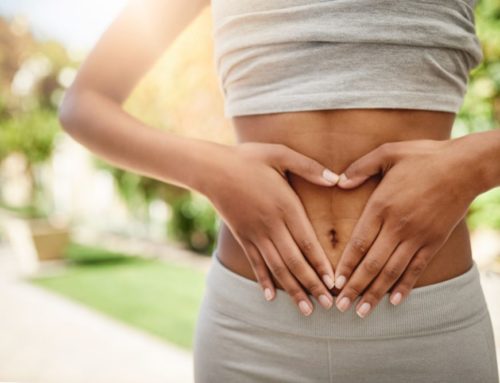


Leave A Comment